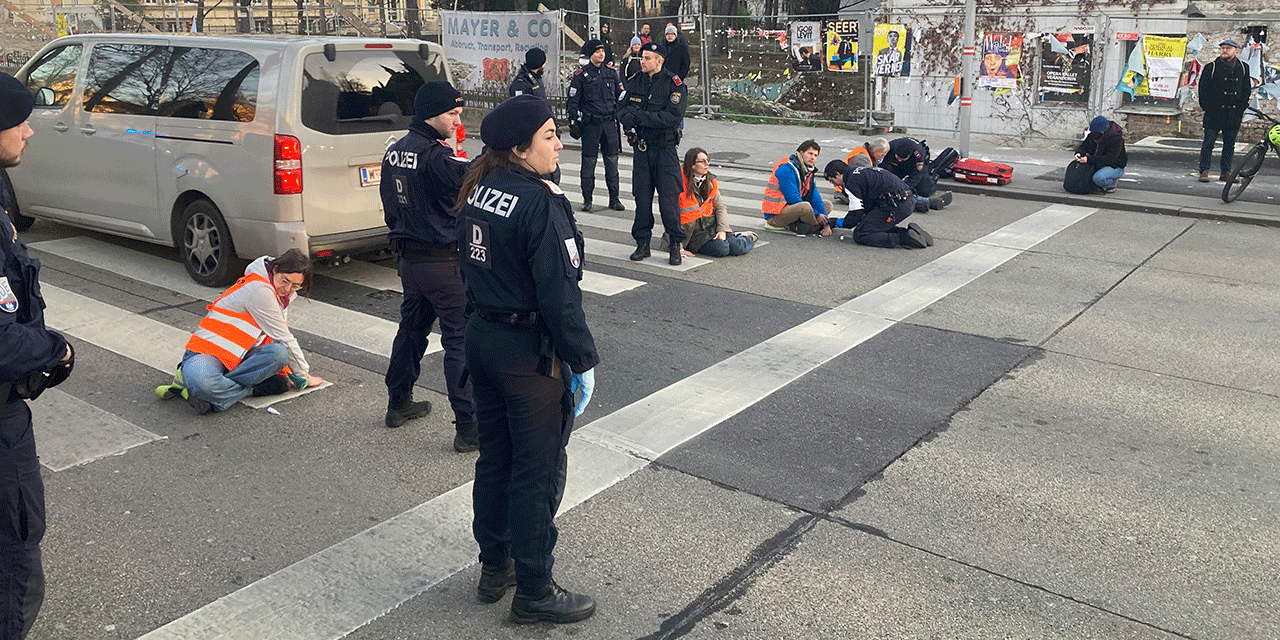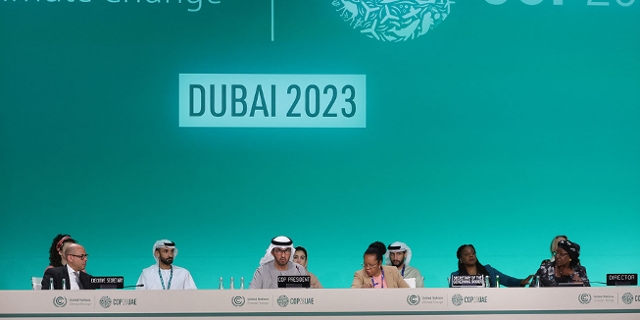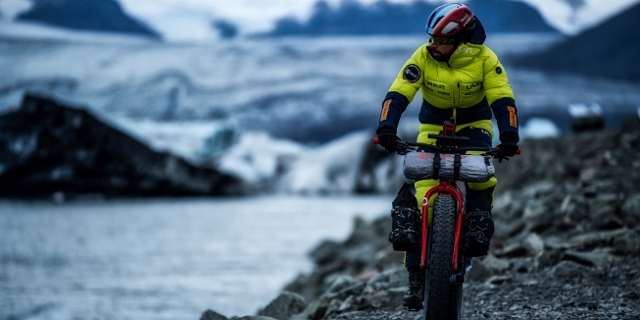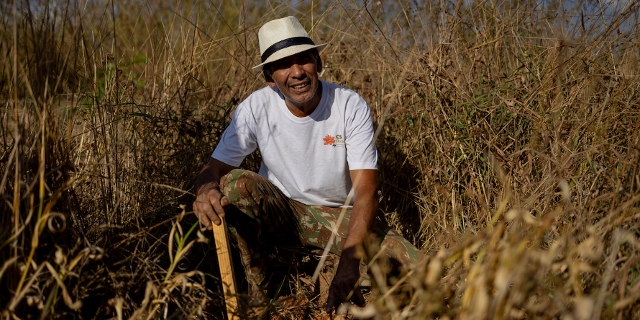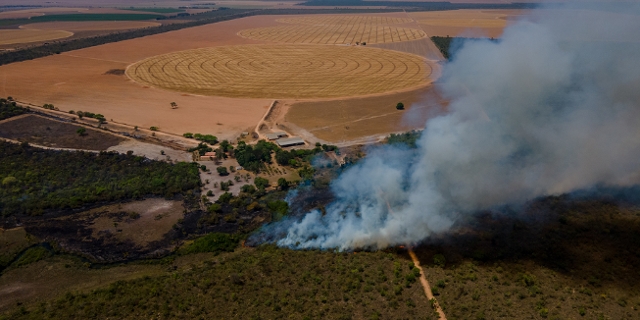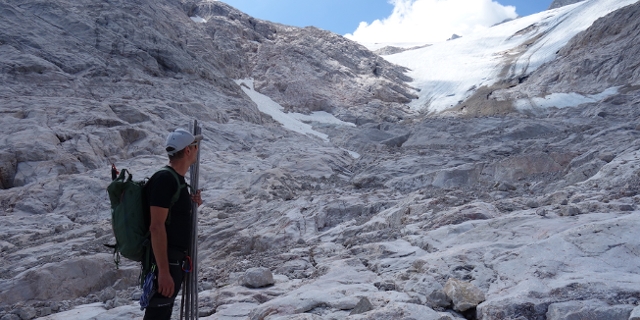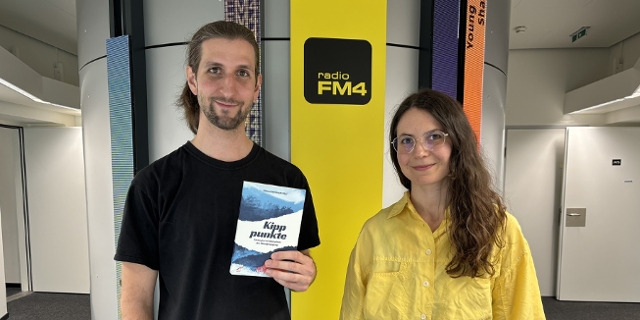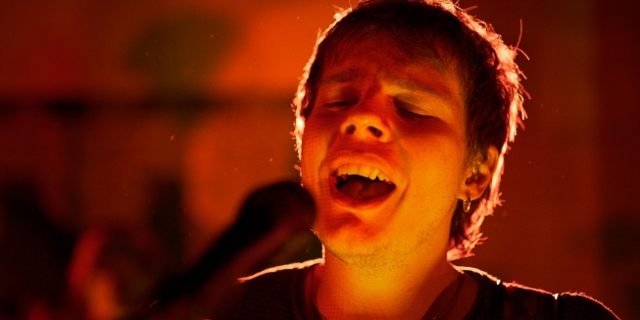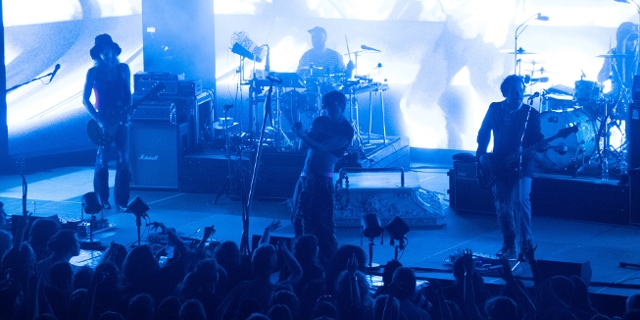„The Science Justifies The Protests of Letzte Generation“
Are the climate activists of Letzte Generation “Chaoten”, or radicals, as ÖVP state secretary Claudia Plakolm would have it? Do they deserve criminal records and stiffer judicial punishment, as the ÖVP provincial governors of Lower Austria and Tyrol have suggested? Are they, as described in a now deleted internet posting by a Viennese Social Democrat councilor called Angelika Frasl, “severely psychologically damaged”? Do they even, as an Instagram posting from the FPÖ’s Vienna chief Dominik Nepp seems to suggest, deserve to be urinated on?
Or, on the other hand, are they a “valuable contribution to the public discourse” in the age of climate crisis, as BOKU climate policy expert Reinhard Steurer has argued? Or in the words of veteran climate professor Helga Kromp-Kolb “brave and committed” citizens who put up with hardship, discomfort and the dual threats of violence and prosecution for the greater common good? Are they, as TU traffic planner Barbara Laa suggests, using the only tactics loud enough to wake us from a dangerous lethargy on climate action?
Divisive Tactics
Certainly no protests in my time in Austria have proved so divisive. Back in November when the FM4 Klimanews team won a prize at the Austrian Environmental Journalism prize, the jury leader, a committed environmentalist, took time in his speech starkly criticize the group, arguing that only actions that bring society together can be successful.
“This isn’t a popularity contest,” Letzte Generation’s Martha Krumpeck had told me, as car-drivers hooted in frustration during a protest on Wednesday morning. If it was, it’s probably fair to say she’d be losing.
Indeed, outside of the climate bubble, the condemnation has been more forthright. I uploaded a video to Twitter of Martha Krumpeck explaining why she was gluing herself the Gürtel ring road that morning. I didn’t expect everyone to agree with her point of view, but, although I am aware you need strong-rubber gloves to stick your hands into the Twitter mire nowadays, I was taken aback by the spite-filled aggression of the majority of the comments below.
Hysterical action or hysterical reaction?
The general consensus was that the activists want to take us back to the stone age. It’s true of course that Fred Flintstone could never have broken the 100km per hour motorway limit they are calling for, and Barney Rubble never bothered himself with fracking, but this seems a rather silly overreaction from people who describe the activists as “hysterical”. Letzte Generation’s stated goals of speed reduction and a renunciation of fossil fuel exploration in Austria are hardly radical.
"Increasingly, people who don’t share opinions are denigrated, branded as idiots, or now, in this case, as criminals.” - Helga Kromp-Kolb
Climatologist Helga Kromp-Kolb, who I met at a press conference organized by 50 scientists at Vienna’s largest roundabout at Praterstern on Tuesday, isn’t surprised by the reaction. “Increasingly, people who don’t share opinions are denigrated, branded as idiots, or now, in this case, as criminals,” she told me “The other aspect is that the young people who are now creating so much irritation are fighting for a cause that concerns us all. Climate science is clearly saying that their demands and their concerns are justified and that has to be supported.”
„The Science Justifies The Protests“
Another scientist who has raised his head above the parapet on this issue is Reinhard Steurer. At Tuesday’s press conference, which saw the 50 scientists clamber onto a rather slippery monument in the cold, drizzling January rain, he said in reality we are all the “last generation” and although he understands the backlash, he feels the direct action taken by the Letzte Generation activists is necessary. Why?
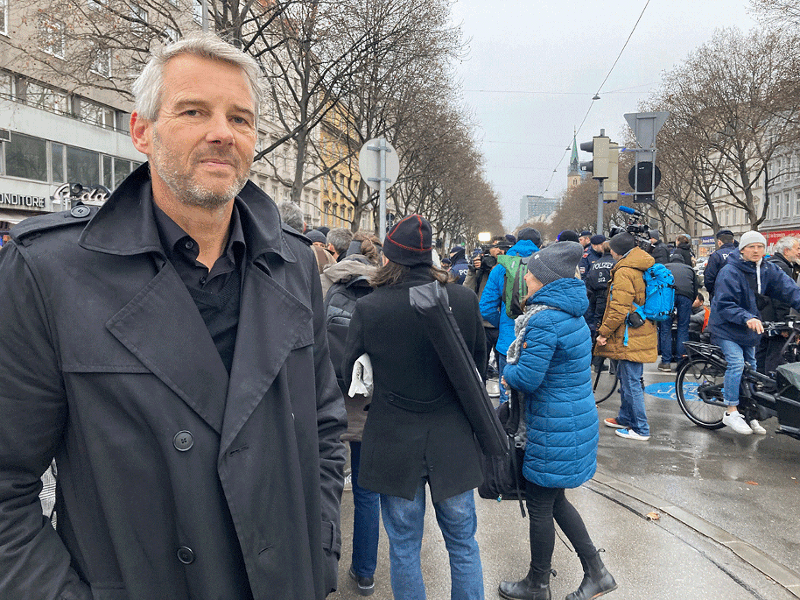
Chris Cummins / radiofm4
“Because we are in a comfort zone, in a fossil comfort zone that we are reluctant to leave. And if we don’t leave that comfort zone soon, if we’re not willing to make behavioral changes, then it will be catastrophic. These protests of the Letzte Generation activists convey this urgency.”
„We are in a comfort zone, in a fossil comfort zone that we are reluctant to leave.“ - Reinhard Steurer
Barbara Laa, a traffic planner at Vienna’s technical university, applauds the activists simple call for a 100km per hour upper limit on the motorways as a simple measure that has been scientifically proven as an effective way to reduce emissions fast. She says that she understands why the Letzte Generation activists have resorted to the divisive tactics. “It’s because all other methods have actually been exhausted. It is a scandal that they are now being criminalized and voices from the ÖVP in particular are demanding tougher penalties. This is the party that actually blocks effective climate protection measures day in and day out.”
"This is the party that actually blocks effective climate protection measures day in and day out.” - Barbara Laa
Victims of the Protests
There are of course victims of these blockades. As the scientists spoke on Tuesday, activists from Letzte Generation blocked traffic at a nearby junction. A woman stuck behind the wheel raised her hands in frustration as a chorus of horn-honking struck up. “I have an appointment in hospital and now I can’t get there,” she told me. “I understand the need for climate action, but this is a bad thing.”
Why Public Transport Is So Important
I also tweeted a video of this encounter to gauge some opinion. Someone replied that there were buses and trams and U-Bahns which will get you to hospital, which of course is true. But it then strikes me that, however justifiable the reasons for reducing public transport frequency in Vienna, it is particularly damaging in an era when science tells us we have to reduce our fateful dependency on individual car use. When you are short of time, and the added two or three minutes of waiting time might mean you miss a connection, it must be very tempting to hop in a car.
“We know the disruption of everyday life. We’re sorry,” said David Sonnenbaum, one of the Letzte Generation activists blocking the road at the Praterstern. “It’s not fun for us to sit here on the street when it’s raining. We’ve just seen in history that one of the most effective forms of protest is this, peaceful resistance, from the civil rights movement to the suffragettes. So we just see no other choice. And people are already so desperate that they will always take action.”
„People Are Dying“ - Laurenz Tanner
“We are here because the government is still doing far too little about the climate crisis,” said his colleague Laurenz Tanner. “They are not meeting the climate goals they have set themselves. We have already had massive crop failures this year in Europe. They’ll only get worse. People are dying from the climate crisis and the government is doing far too little. That’s why we’re sitting here. Are we’ll keep on annoying people until finally something is done?”
Calm Protesters, Calm Police
I saw two Letzte Generation protests this week; and the second, at the Gürtel ring road, gave me some surprising insight into the protesters and the police response. Near the Westbahnhof, protesters blocked traffic in both directions. I was standing near the inside circle of the ring-road as it happened.
Among the first cars held up was a convoy of black vehicles. A man came up to the protesters and explained that it was a plain-clothed police convoy on an important security mission. The activists immediately collaborated with the plain-clothed police officers to create a corridor for the vehicles to pass. Everyone spoke quietly, the activist’s reaction had clearly been pre-discussed and pre-planned.
When the main police-force arrived, tasked with removing the protesters, again there were no raised voices, no aggression as I watched. Traffic was diverted lower down on the ring-road while the police, I felt, rather gently and patiently went about removing the glue from the hands of the protesters and then removing them to the side of the road. It was, I felt, exemplary political theatre. One side did what they felt they had to do, the other side did what they were tasked with doing. I witnessed no antagonism or personal enmity.
Aggression Against Activists
I was actually just reporting this, when, with my journalist instinct to be at the wrong place at a crucial time, something rather dramatic was happening on the outside lane of the Gürtel – a driver lashing out and brutally kicking seated protesters. This was an individual action, but questions have been asked whether the internet postings from politicians such as Nepp legitimize or even encourage this violence.
Who Is Really Extreme?
Are the activists really dangerous? I woke up this morning and saw an interesting juxtaposition on the news grid of ORF.at. There was a story about how the fossil fuels company ExxonMobil has been made aware in the 1970s of how carbon emissions were driving a dangerous and destabilizing change in the world’s climate and how they ignored and blocked this information. Then next to that, there was a story of German police using force to clear a protest camp so that Germany can exploit more brown coal, the most polluting form of fossil fuels. Scientists say this policy would jeopardize Germany’s own climate targets. Environmentalists accuse the government of acting on behalf of the fossil fuel company RWE rather than the public good.
This juxtaposition of stories at the end of a week of protests made me ask myself what is more radical? Road blockades or the polluting status quo?
Publiziert am 13.01.2023







